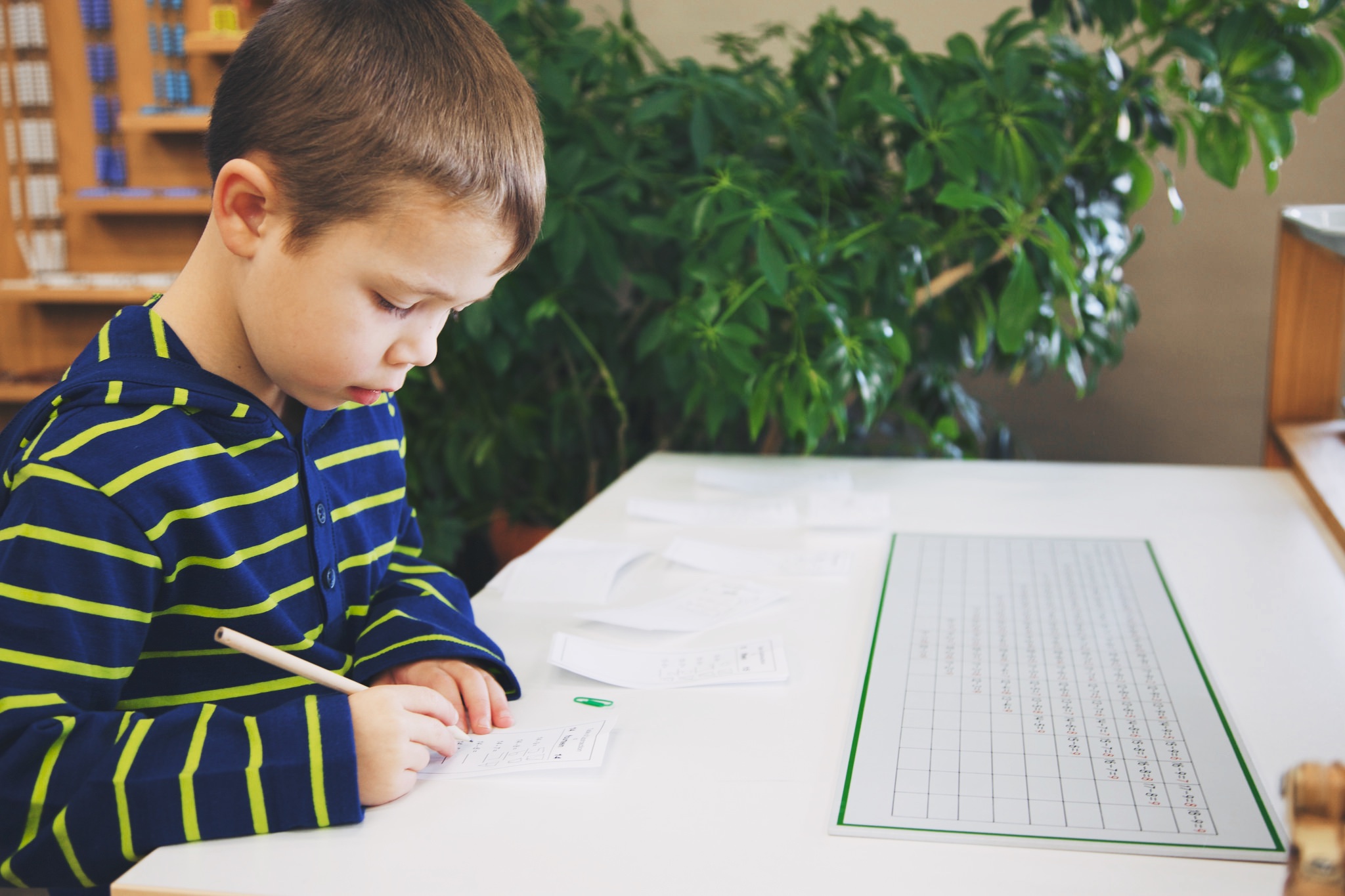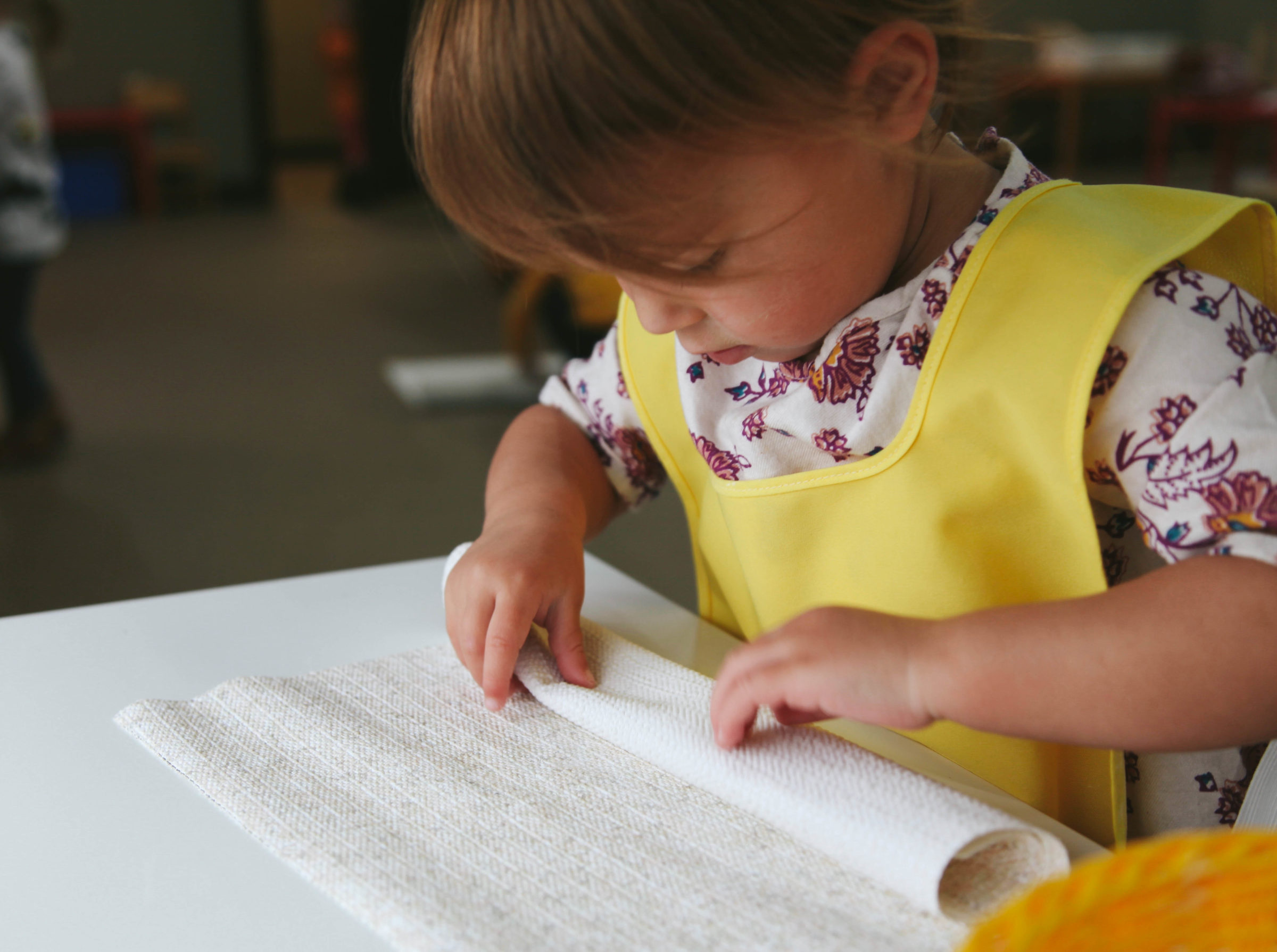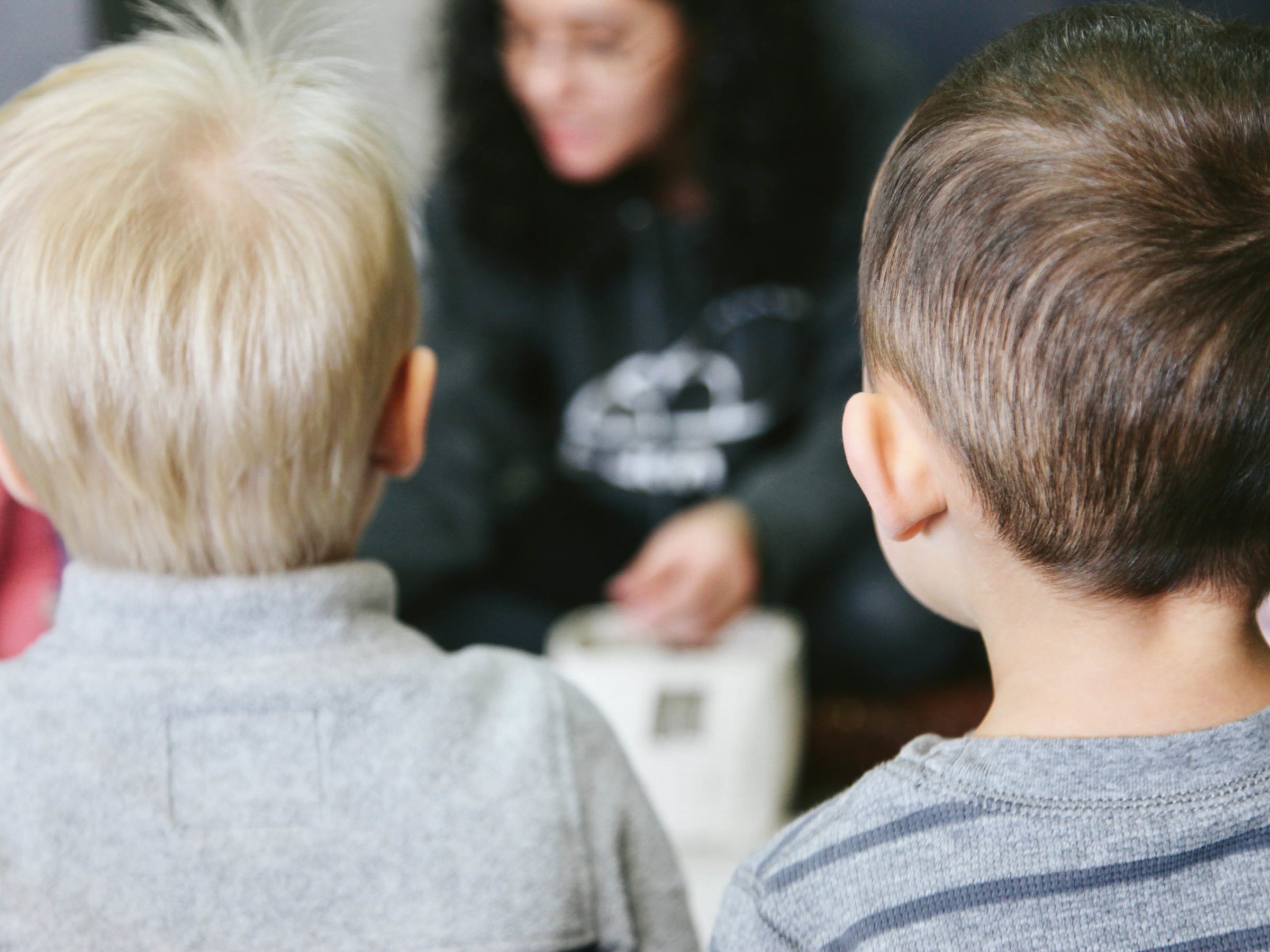A Letter From a Parent
FAQ
As a former university professor, Donoso Escobar reflects upon his experience with the traditional education system, what types of learners it breeds, and how it compares to what he has witnessed with Montessori.
The tone is hopeful, the dispatch clear. There are no fingers to be pointed, except those that we point at ourselves. We hope you enjoy his candid, intimate, and – what we found to be – revelatory story.
The importance of the Montessori Kindergarten year, as presented here, is that it’s one of completion. It completes the cycle of a period of development, one that prepares children for the rest of their lives.
Here’s Donoso:
In 2010, we enrolled our oldest daughter in the Baan Dek Montessori School where she remained until the time when she needed to start her first grade in elementary education. I still remember the day when I sought my wife’s opinion about kindergarten at the neighborhood elementary school.
With the assurance of a perfect Alpha Female, my wife responded:
“ Our child is going to complete the three year cycle of Montessori education at Baan Dek. ”
Our child is going to complete the three year cycle of Montessori education at Baan Dek. My oldest child is now in second grade and I can assure you my satisfaction of having concurred with my wife about Kindergarten Year at Baan Dek Montessori. I will attempt to share with you my reasons for that satisfaction in a succinct manner.
My 30-year experience as professor in higher education helped me to empathize with a significant number of college students who had to start learning how to learn before they could complete their post-secondary education successfully. I could tell you of countless hours of departmental faculty meetings discussing strategies to help students develop intellectual curiosity, critical thinking skills, excitement for learning.
After 3 years of retirement, I understand that the problem persist to this day in many of our campuses. Would it not be more efficient if our younger generations could begin to acquire those skills during the basic years in their educational journey?
I can tell you with conviction that my child learned how to learn and to enjoy learning during her 3 years at Baan Dek Montessori; her kindergarten experience shall remain the keystone in the structure of her elementary education.
“ One of the strategies she introjected was that teaching others is an effective way to learn. ”
One of the strategies she introjected was that teaching others is an effective way to learn. I can relate to that personally. At the end of each semester I always realized that my students, both graduate and undergraduate, had taught me how to create a meaningful educational event in the classroom, how to respond to students’ deficiencies, in synthesis, how to be a better professional.
Another acquired strategy that my child is currently using as she confronts the abstractness of second grade mathematics, is to make mental pictures of new concepts; for example, what is 15 divided by 3, or how many nickels, quarters and dimes will be needed to pay for a 65 cents candy bar. When her teacher asked, “how did you solve the problem?” The child proudly explained to the teacher how she arrived to the answer.
Another skill that my child acquired in her Kindergarten year is what I label knowledge transferring skill. Three days ago, she was briefing me on the legacy of Dr. Martin Luther King, and the suffering of African-American citizens in the near past. She concluded her comments saying: “Wouldn’t it be nice if the American-Indians would have someone like Martin Luther King? Crazy Horse tried, but they killed him, didn’t they, Papa?”
This reminds of a recent trip to the Black Hills a place where my whole family experience intellectual, emotional, and spiritual recreation. During our latest visit, my oldest daughter insisted that we should climb a particular hill. Once at the top of that hill, she proceeded to collect different types of rocks in a rather selective way. This is normal for most children. Except that my child sat down and began to ask questions about origins of rocks, their composition, the difference between rocks and minerals and, finally, expressing her desire to learn more about rocks upon our return home.
From the coda of our conversation, she learned that we do not remove objects from national parks; then she asked about the difference between National Government and State Government. She was curious about the relationship between Native American rights and the U.S. government. She finally ended our conversation with her own reflections about something that she had learned about when she was “a little girl,” the Trail of Tears.
In conclusion, I see in my child the basic presence of skills that I would have wished to see in many of my University students:
“ intellectual curiosity, critical thinking skills, excitement and strategies for learning. ”
This is why, by divine intervention, this academic year my five-year-old child is undergoing Kindergarten, here, at Baan Dek Montessori. For this, I shall remain grateful to our founder educators, June and Bobby George and to their exceptional staff, for equipping my children to face the challenges of education and success in a global society today and for the rest of those children’s lives.
______
There are many wonderful resources on the Importance of the Montessori Kindergarten year. In particular, Tim Seldin has a terrific piece, entitled, “Why Montessori for the Kindergarten Year”, in which he carefully lays out and answers some of the most frequently asked questions, with his usual wit and astuteness. You might also enjoy our recent podcast, “Fostering Learning“.
Written by:
Bobby George




